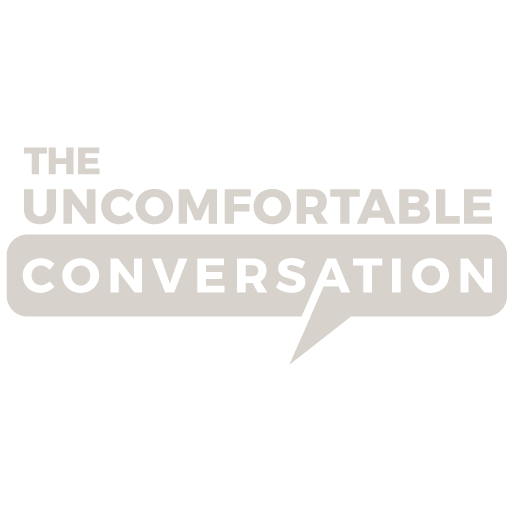When we don’t talk about sexual assault, the problem – and therefore the solutions – remain in the dark. Survivors find it harder to heal. Their friends and family don’t have the tools or skills to help. And none of us are participating in the kinds of conversations that lead to safer and healthier relationships and communities.
That’s why awareness efforts are a critical part of creating a world free of sexual harassment and violence. Conversations are a way to shine light on the ways we can show up for survivors to help make their healing journey easier. They are ways to shine light on places where we could use a little more attention on safety and respect. Breaking the ice with an uncomfortable conversation is like turning on a flashlight. If enough people do it, we can start to see the challenges in front of us and what we need to do to address them.
If you are already aware of the prevalence of sexual assault, its impact and some of the practical ways you can intervene, April is your month to shine as many lights as you can for Sexual Assault Awareness Month. We’ve got you covered with video playlists, conversation starters and even a conversation guide that you can use with friends, family, classmates or colleagues.
Need some ideas to get started?
Four Ways to Start the Conversation During Sexual Assault Awareness Month

1. Speak Up At Your Gym
Last summer, the Morning Chalk Up featured our fitness series that we filmed at The Phoenix, a sober active community with facilities across the country, with our friends from InkJett. Whether you are a coach, an athlete or someone just trying to lift a dumbbell for the first time, you’ll find ways to make fitness spaces healthy, safe and friendly to survivors of sexual assault.

2. Show Off Your Denim
This year, Denim Day is on April 26th. Denim Day is a day where you can wear denim to show your support for survivors of sexual assault. Jeans in the wash? You can share this video instead.

3. Talk to Your Doctor
If someone is going to touch your most intimate parts, it’s important to have a conversation about it. And we’re not talking about your significant other…we’re talking about your doctor. Whether or not you are personally a survivor, it helps ALL survivors when we make our health care providers aware of how being trauma-informed is good medicine. Check out an example of what this can look like.

4. Get to Work
Whether on Zoom or in the office, find ways to signal that you care about safe and healthy workplaces. Need some ideas, check out our workplace series. Our favorites include this conversation about porn at work and how to support survivors at work.
Whether you have a conversation yourself or simply share one of our YouTube videos or Instagram posts, you can shine a light in a place that was dark. One conversation at a time, we can make the world more healing for survivors and resilient to sexual harassment and violence.
Be sure to follow us on YouTube, Instagram or Facebook for more information on starting uncomfortable conversations.
